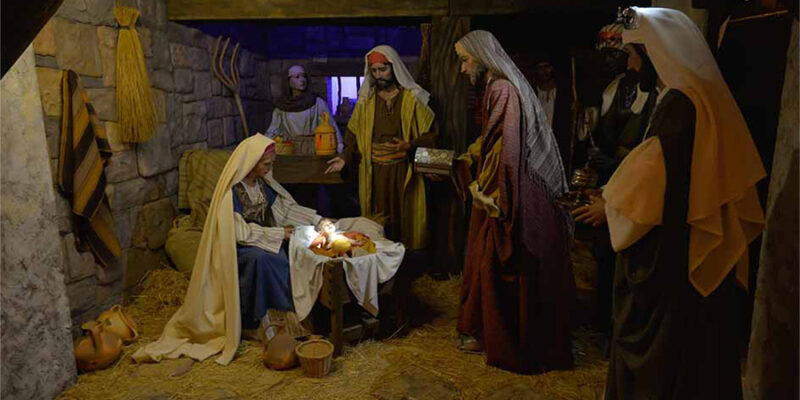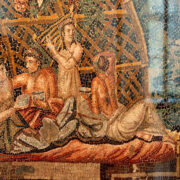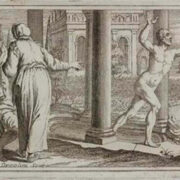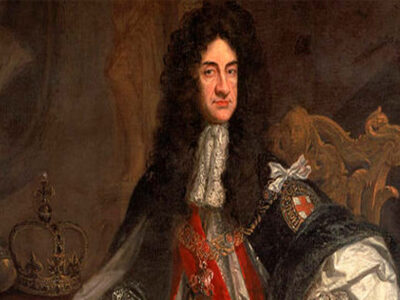The tradition of celebrating Christmas on December 25th has sparked debates regarding its origins, with some attributing it to pagan festivities worshipping various solar deities. However, historical evidence suggests a different narrative, dating back to the second century AD.

Theological and Historical Interpretations
Ancient manuscripts and theological theories shed light on the establishment of December 25th as the date of Jesus’s birth. Hippolytus, a theologian of the Catholic Church, referenced this date in his 204 AD work, “Commentary on Daniel,” using the Julian calendar prevalent at the time.
Calculation Theory
According to theological tradition, Jesus’s conception was believed to coincide with the date of his crucifixion, March 25th. Following this theological premise, Jesus’s birth nine months later would fall on December 25th, forming the basis of the Calculation Theory.
Dismissing Pagan Connections
Contrary to popular belief, the celebrations of Sol Invictus, Saturnalia, and Mithras were not linked to December 25th. Sol Invictus was typically observed on different dates, while Saturnalia fell between December 17th and 23rd. Moreover, there’s insufficient evidence to associate Mithras with December 25th.
Ancient Manuscripts
Several ancient texts provide compelling evidence of Christmas celebrations preceding 336 AD. The Didascalia Apostolorum, Liber Pontificalis, and Epistle of Theophilus offer insights into early Christian practices and the celebration of Jesus’s birth.
Epiphany and Christmas
The Didascalia Apostolorum mentions the celebration of Epiphany on January 6th in the Julian calendar, corresponding to December 25th in the Gregorian calendar. This aligns with the tradition of celebrating Jesus’s manifestation to the people.
Early Papal Instructions
The Liber Pontificalis attributes the instruction of Christmas celebrations to Pope Telesphorus in the 2nd century AD, indicating an early recognition of the festival within the Christian community.
Conclusion
The historical records presented by ancient manuscripts refute the notion that Christmas on December 25th originated from pagan rituals. Instead, they affirm that Christians have been observing this date as the birth of Jesus since the early centuries of the Christian era.











Comments